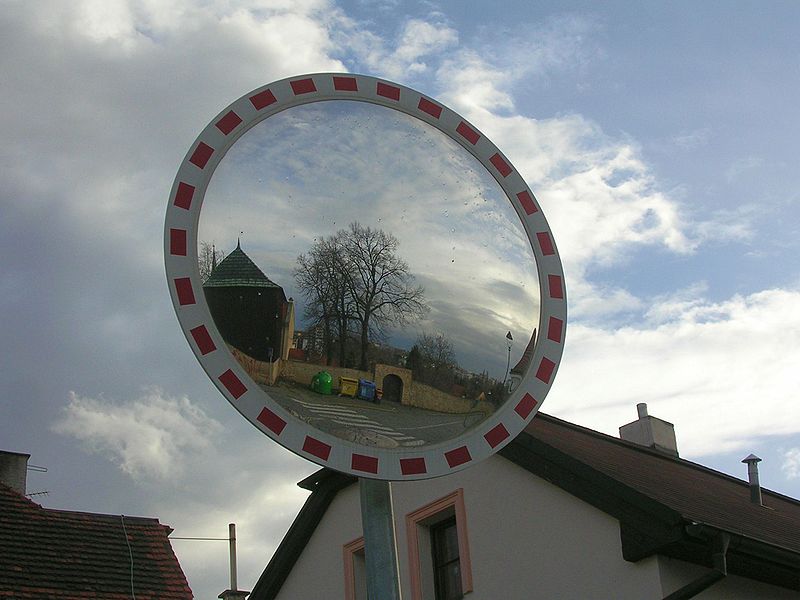The concept “emerging power” is fashionable among specialists in international relations. However, questions abound. Is an emerging power a state that is pragmatically using a moment of Western weakening to secure some space for itself? Or are they states that present serious and substantial movements challenging the exclusivity of the West and its power strongholds? Are new forms of hegemony emerging as new powers ascend to the upper leagues of geopolitics?
An interesting seminar, “Emerging Powers: an Appraisal of Brazil, Russia and Turkey's Roles in a Changing World,” which was convened by the University of Coimbra (Portugal) and the NOREF peace research center (Oslo), contributed to this debate by claiming that the very concept of emerging powers is a Western construct – both genealogically and substantially. It is aimed at integrating a group of potential challengers into the existing international structures. The West is ready to accept the rising powers as long as they want to become like Western powers. It seems illustrative that the interest in this topic is sometimes more pronounced in the West than in non-Western countries.
In fact, the BRICS acronym (an invention of Goldman Sachs) played a role in the successful act of interpellation. As specialists in discourse analysis would say: the contrived name was happily accepted by the addressee. The emerging power narrative became self-reproducing in the media, academia (think tanks and research centers included) and, of course, political circles. Indeed, countries as diverse as Brazil, India, and China feel quite comfortable under such Western-made brands.
Yet in the meantime, the emerging powers try to appropriate these labels and make use of them. As happens with all identifications, this still-vague group of economically progressing countries construct themselves as emerging powers and new centers of growth by differentiating themselves… but… from whom exactly? Perhaps, from the “traditional powers?” This contradistinction hardly works since it is countries like Russia and China that seem to be proud of their traditionalist and conservative approaches to what they see as the cornerstones of international relations, with sovereignty at their center. Opposition with the West works neither, since Brazil, for example, overtly binds its international identity with the Western world.
Perhaps, what holds the emerging powers together is a strategy of discursive delegitimation of U.S. domination. They want to make American hegemony more costly, and have achieved some success already. Moscow is certainly among the major enthusiasts of the redistribution of power in the world, yet the very notion of emerging powers is not even well translatable into Russian. The Kremlin prefers to speak about multipolarity as a structural type of world order, paying much less attention – even from a linguistic viewpoint – to the question of who its protagonists /actors are.
So far, most of what emerging powers do among themselves falls into the sphere of political symbolism sometimes divorced from reality. For example, Brazil becomes more (not less) dependent on foreign markets for exporting its commodities. Russia, from its part, heavily depends on Western technologies, even in the energy sector, which is considered as the core of its national economy. Same asymmetry exists in many other spheres, from home appliances to medical equipment. Yet, nevertheless, political elites in emerging powers prefer to sustain the idea that there is an alternative to the West – with its markets, funds, and technologies.
For the sake of promoting their definitions, they have chosen to refrain from criticizing each other – for instance, it is very rare that in the Kremlin-centered media you see stories about crime in Brazilian favela, poverty in China, or serial rapes in India. Russia pledged to coordinate its G20 chairmanship with other BRICS countries, yet it remains obscure how consolidated are the positions of these five in, let's say, energy issues or security domains.
Turkey is a country that is often associated with the group of emerging powers. What the seminar in Coimbra made clear is that the discourse among these powers tended to idealize Turkey as a successful model of development. The violent developments in Taksim square, of course, gave much food for thought in this vein.
There are striking parallels between the protest movements in Turkey and Russia. Both are based on immaterial demands. The paradox is that the growth rates in both countries are quite good, and people enjoy relative well-being, but they are not inclined to attribute it to the government. They care much about respect and human dignity. And they are unwilling to admit that deterioration of environmental standards is a price for industrial growth.
Besides, what the experiences of Russian and Turkish protest movements unveil is that in a situation of multiple islands of contestation of governmental policies each issue can become the decisive point of a crystallization of the opposition. Defense of a park from destruction became one of the last drops in the consolidation of the chain of different protests against the center of power.
Yet even more similar are the regimes in the two countries whose leaders certainly sympathize with each other.
First, both Moscow and Ankara have recently augmented the tone of their anti-Western rhetoric. In spite of its bridge-building (between the Occident and the Orient), which are self-assigned roles, Erdogan often portrays Turkey as being under malign influence from the West – this, paradoxically, at the same time that his government nods to the EU in justifying the introduction of the alcohol ban. Isn't this type of split identity similar to the Kremlin's attempts to manoeuver between silently accepting numerous EU technical standards and at the same time resisting Brussels' claims for normative superiority?
Second, both regimes intensely recourse to bio-political regulations that provoke inevitable resistance. A year ago, tens of thousands of Turkish women protested against plans to introduce a ban on abortions. Today, Erdogan's opponents don't think that in a country with relative a low consumption of alcohol that the government is supposed to interfere in regulating this sphere.
Third, in both Turkish and Russian official discourses, cultural-, ideological-, and civilizational-based arguments are on the rise, perhaps as a form of their understanding of soft power. For example, the Turkish message to its own near abroad is that “we together fought against colonial powers.” Moscow says something similar to its Eurasian neighbors: you are unwelcome in the West that is normatively demanding, while Russia is ready to accommodate your expectations for a decent role in the world.
What is paradoxical in this comparison is that former colonial powers use anti-colonial rhetoric.
Perhaps, it is these double identities, with their strong inclination for imitation and mimicry, that can explicate the weak resistance potential of the group of emerging powers. Russia is a good example for this: its self-portrayal as “a better Europe” ends up solidarizing with a Europe of the past. This discourse is inherently reactive, defensive, and repetitive. For example, Surkov's concept of sovereign democracy had strong connotations with Western experiences. References to the Kosovo precedent are constitutive for Russia's explanation of the recognition of Abkhazia and South Ossetia. The foreign agents legislation adopted by the Duma is justified as allegedly being modeled on U.S. law. Official reaction to the accusations of police brutality usually boils down to fingering at the cases of force application in Western cities. Even the shift of attention to the South East Asia Moscow often explains as a reaction to the growing U.S. interest to this region. In the Kremlin’s view, the Eurasian project is not about challenging Europe but rather about complementing and widening its horizons.
Perhaps, we deal with a classical example of allegedly anti-hegemonic policies that only strengthens the hegemony by the constant reproduction of its constitutive principles.
Andrey Makarychev is a professor at the Institute of Government and Politics, University of Tartu, blogging for PONARS Eurasia on the Russia-EU neighborhood.










